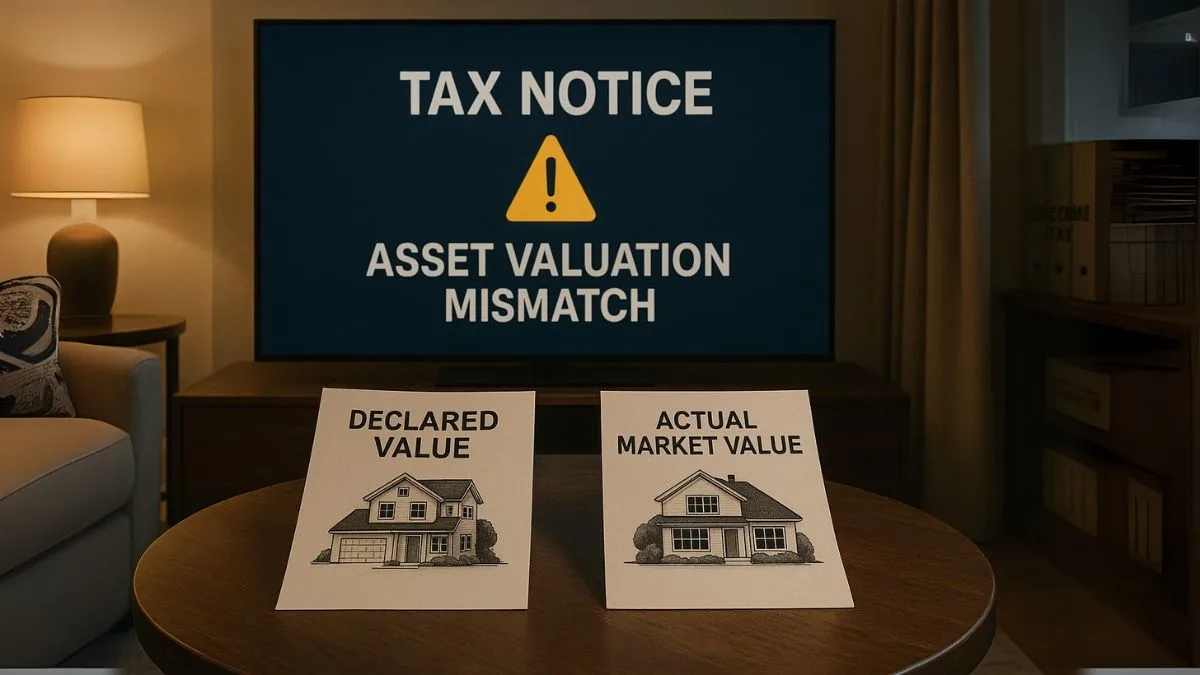
What is Section 69B of the Income Tax Act?
Tax compliance isn’t just about filing returns — it’s about disclosing everything transparently. Section 69B of the Income Tax Act, 1961, was introduced specifically to counter situations where the amount of investments, etc., is not fully disclosed in the books of account. In simple words, this section deals with unexplained investments or under-reported expenses that don't match the actual value of assets or investments made.
When Does Section 69B Apply?
Imagine you bought a property for ₹1 crore but recorded it in your books at ₹70 lakhs. If the Assessing Officer (AO) has reason to believe — based on valuation reports or third-party evidence — that you paid more than what you declared, then the excess ₹30 lakhs can be added as your unexplained income under Section 69B.
This provision applies not only to real estate but also to:
- Jewellery purchases
- Shares & securities
- Movable or immovable property
- Construction or renovation expenses
Key Conditions for Invoking Section 69B
To invoke Section 69B, the Income Tax Officer must prove the following:
- There is an investment or expense.
- It has been recorded in the books of account.
- The actual investment is more than what is recorded.
- The taxpayer cannot satisfactorily explain the source of such excess investment.
Once these points are established, the excess amount — if unexplained — will be treated as income of the relevant financial year."
Burden of Proof: It’s on YOU
Yes, you read that right. Under Section 69B, the burden of proof lies on the taxpayer. If the tax department believes that the amount of investments, etc., not fully disclosed in the books of account is funded by income from undisclosed sources, you must prove otherwise with bills, bank statements, & third-party confirmations.
Common Triggers for Section 69B Scrutiny
- Property Registrations at Lower Value: Stamp duty valuation is high, but you registered it at a lower value.
- Large Cash Payments Unrecorded: Especially in luxury goods or high-value asset purchases.
- Builder/Developer Disclosures: If builders disclose a higher receipt than what’s reflected in your purchase agreement.
- Stock/Share Transactions: Under-reporting investment value while booking capital gains.
Legal Backing and Case Laws
There are multiple rulings where courts upheld the addition under Section 69B due to inadequate explanation. However, courts also held that a mere difference in valuation reports doesn’t justify additions. So, proper documentation & a genuine source of funds are your best defences.
Penalty and Tax Implications
- Tax Rate: The unexplained income is taxed at the maximum marginal rate (currently 30% plus surcharge & cess), with no deductions allowed.
- Penalty: Under Section 270A, a penalty of 50% to 200% of tax may be imposed if misreporting is established."
Best Practices to Avoid Section 69B Issues
- Always match the actual payment value with what’s recorded in the books.
- Avoid off-the-books cash dealings.
- Keep invoices, payment proofs, & PAN details for all large investments.
- Get a registered valuer's report if required for high-value assets.
Final Thoughts
Section 69B is a sharp tool in the hands of tax authorities to catch taxpayers who underreport their investments. If you’re ever in doubt about how much you should disclose, go with full transparency. After all, the cost of hiding is far more than the cost of tax.
👉 Need help with tax disclosures or investment reporting? Visit Callmyca.com to connect with qualified Chartered Accountants who’ll guide you through clean, compliant, & stress-free tax filings.











